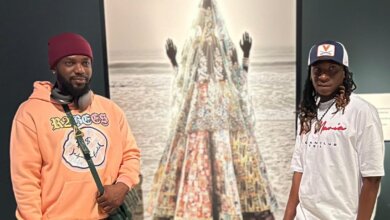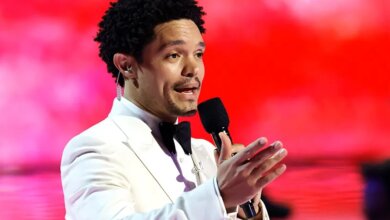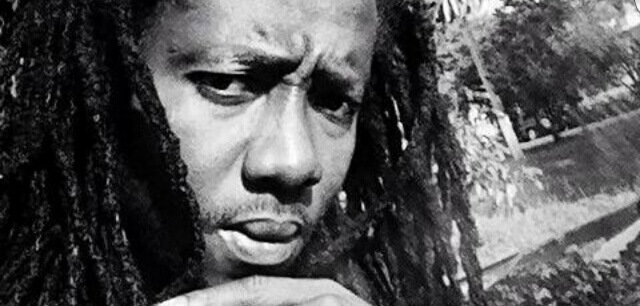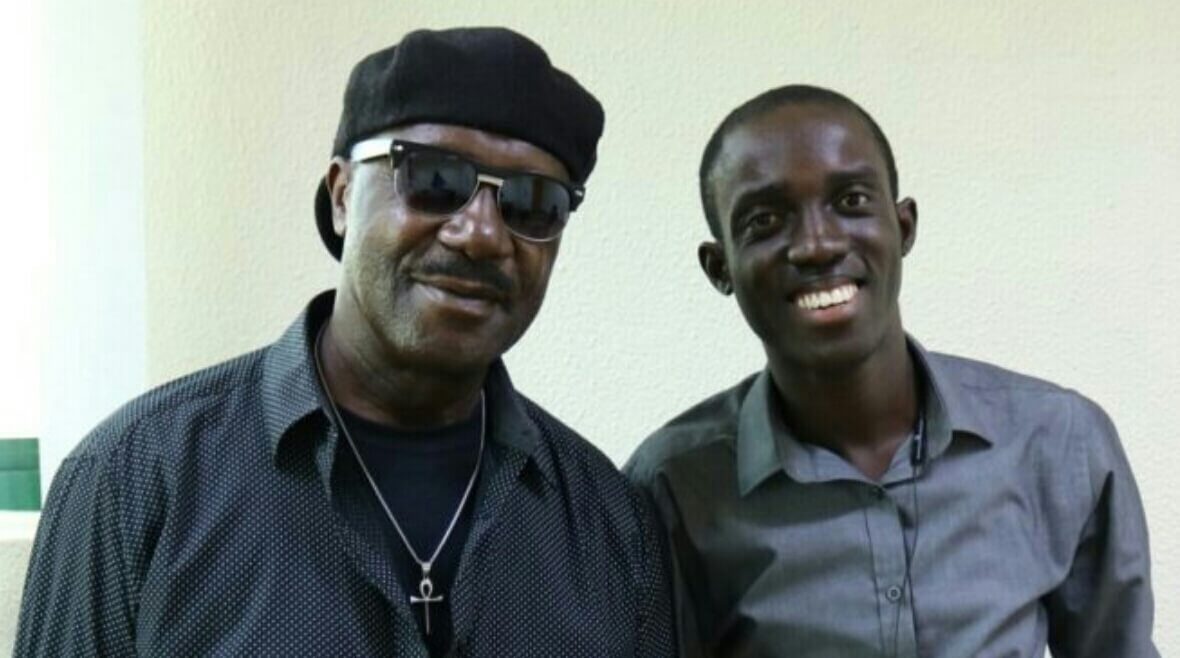What you need to know about Nigeria’s ban on foreign models
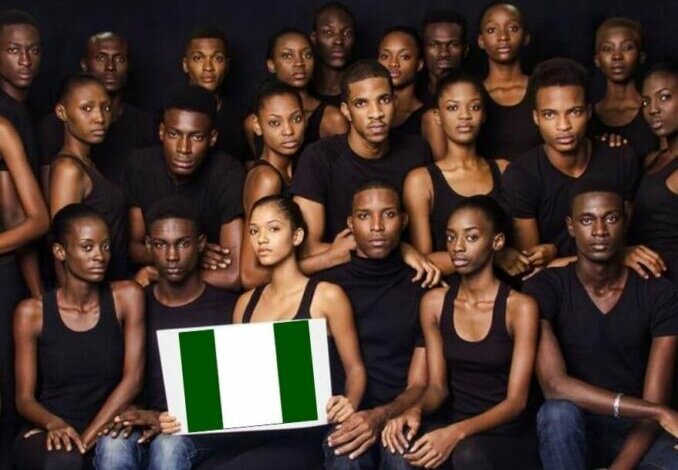
Nigeria has taken steps to restrict the use of foreign voice actors and models in its advertising. It said that the need to take appropriate procedures and actions targeted at developing the Nigerian advertising business was a driving force.
In a statement on August 23, the Advertising Regulatory Council of Nigeria (ARCON) revealed the strategy, claiming that it was in keeping with the government’s objective to “promote local talent.”
The law, which aims to encourage more local involvement in the industry and other areas, was revealed last week, making Nigeria, home of 200 million people, the first nation to implement one of its kind.
On October 1, the ban will officially take effect. According to observers, this will mark a significant change in a nation where non-Nigerians have long predominated the radio and television airwaves.
Projection
According to a PricewaterhouseCooper research from 2017 to 2021, Nigeria, the largest country in Africa, would have the fastest rate of revenue growth in the global entertainment and media sector during the next five years.
The restriction will apply to any advertisement targeted or displayed in the Nigerian advertising space, which refers to a market expected to be worth $450 million in 2021.
The statement stated that subsequent applications for re-validation for continuous exposure of such information will not be approved, even though ongoing campaigns may continue to run until the end of their current term.
READ ALSO: Amazon Prime Video introduces full local services in Nigeria
A new sense of pride
The restriction, according to Steve Babaeko, the president of the Association of Advertising Agencies of Nigeria, were in response to a “new sense of pride” among young Nigerians who desired representation in the media.
“Ten to twenty years ago if you checked the commercials, I would say they were almost 50-50 in terms of foreign faces and all the voiceovers were British accents,” said Babaeko to UK times.
Nigeria has already set a price of roughly $240 for each international model featured in an advertisement spot, which has started to change how marketing efforts in the country seem.
“I think the law is just catching up with national sentiment. As long as maybe eight years ago, you would notice some kind of renaissance in Nigeria,” he told the Times.
“People will tell you, ‘There are about 200 million of us. Are you telling me you could not find Indigenous models for this commercial?,’” Babaeko said.
On the decision, there has been significant disagreement among some Nigerian social media users.
While some believe it is targeted at white actors, others disagree with the assertion that the prohibition specifically targets white actors, pointing out that the phrase only makes reference to “foreign” talent. And in overall, some believe it is a good development.
“An enabling regulation that favours the local industry, especially at a time when Nigeria is in dire need of sufficient platforms for its teeming youth population,” said Segun Arinze, a veteran actor and President of the Association of Voice-Over Artistes (AVOA).
Source: News Agencies
READ ALSO: American State of Minnesota proclaims Igbo Day in celebration of Nigeria’s Igbo people
Abeeb Lekan Sodiq is a Managing Editor & Writer at theafricandream.net. He’s as well a Graphics Designer and also known as Arakunrin Lekan.

